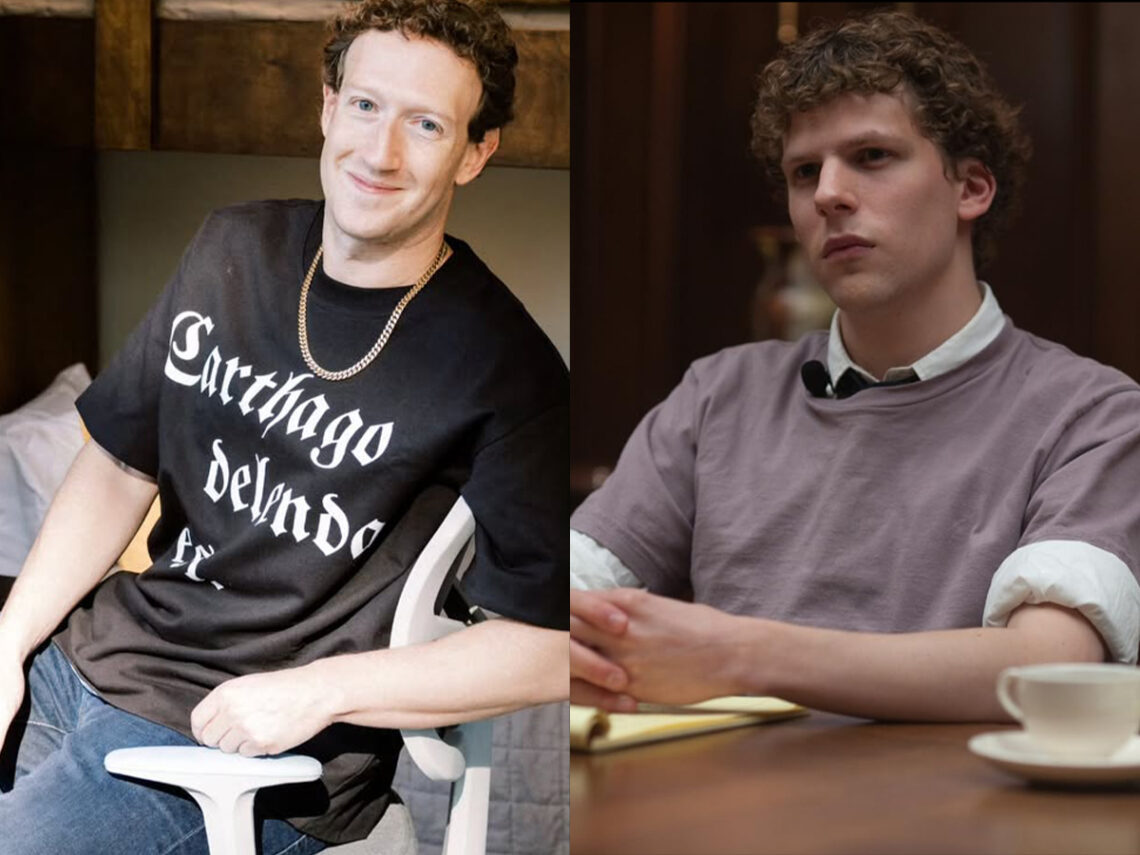
‘The Social Network’ glorified Mark Zuckerberg more than it should have
Let’s be honest, The Social Network made Mark Zuckerberg look way cooler than he ever was. It gave him a tortured genius arc, a hoodie-clad mystique, and just enough tragic loneliness to make people forget what he actually did. And the wild part? We let it happen. We watched Jesse Eisenberg brood his way through icy one-liners in the film and walked out thinking, “Damn, maybe he just wanted to be understood”. But he never paused to ask: why did we just feel bad for the guy who bulldozed his way to the top?
It has been over a decade, and the damage is clearer now than ever. Zuckerberg is not just some coding nerd with bad social skills. He is the man who built a platform that changed elections, hijacked attention spans, and turned privacy into a punchline. But the film never got there. It stopped right before things got dark, right before Facebook stopped being an idea and became an empire with no brakes as Meta.
And that is the problem. The Social Network is a brilliant film, but it helped build the myth. And now, we are all living in the aftermath of that story.
The Sorkin halo
Aaron Sorkin’s dialogue is smart. Too smart, actually. He gave Zuckerberg’s character a verbal rhythm that felt hypnotic. Like you were watching someone who was always ten steps ahead, even when he was being awful. The lines were sharp, biting, even funny. It made betrayal sound strategic and manipulation feel like intelligence.
And it worked. People saw a character who was cold and condescending and somehow came away thinking he was the victim. The guy who got dumped and then built a billion-dollar revenge project. Sounds tragic, right? Until you remember he also screwed over friends, used people, and took control of an idea he didn’t create alone. But the script lets him walk away with dignity.
Fincher’s cold aesthetic, warm legacy
David Fincher’s direction added another layer. The visuals were dark, sterile, and clean, like Zuckerberg’s mind was a pristine tech lab where feelings went to die. It was haunting. But also, kind of beautiful? That is the problem. It made the whole story feel mythic, like we were witnessing the rise of a tragic king, an underdog, and not a ruthless businessman.
By the time you finished the film, you did not feel outraged. You felt impressed, which is great for the plot, but terrible for accountability.
The convenient cutoff
The film ends before the real mess begins; before Facebook became what it is today: a data-hungry, misinformation-spreading, democracy-shaking machine. The story stops at lawsuits, hurt feelings, and stolen code. But there is no mention of algorithms weaponised for rage, no Cambridge Analytica, no January 6th implications. It is like ending a horror movie before the monster shows up.
That selective ending let Zuckerberg’s image stay frozen in time. Still flawed, but forgivable. Still ambitious, but maybe just misunderstood. The film never lets him become what he actually became: dangerously powerful and disturbingly unaccountable.
We let the mythologising happen
We, the audience, ate it up because it was good, smart, and because Eisenberg was magnetic. But when you watch something that well-made, it is easy to forget it is still fiction. And that fiction shaped the narrative. Instead of walking away, questioning how much power one man should have, we walked away quoting the dialogue.
We called it a critique. But deep down, we liked him too much to really interrogate him. We let the myth take root, and now Zuckerberg has more influence than any politician, with far less scrutiny.
The Social Network is still one of the best films of its decade, but let’s stop pretending it told the whole truth. It glorified Zuckerberg more than it should have. It gave him a crown made of silence, charm, and cinematic polish. And all these years later, that polish still holds when it should not.
So the next time it shows up in your Netflix recommendations, maybe rewatch it, but with your eyes wide open, in light of all that has been.